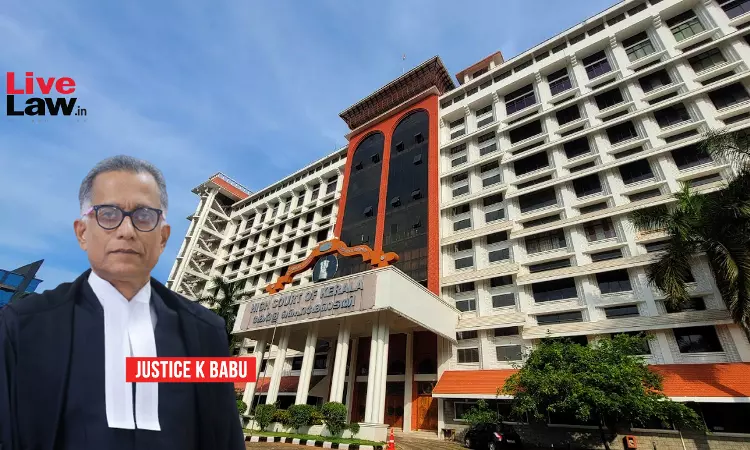Accused Has No Vested Right To Seek Joint Trial: Kerala High Court
Sheryl Sebastian
10 Jun 2023 9:41 AM IST

Next Story
10 Jun 2023 9:41 AM IST
The Kerala High Court recently held that an accused has no vested right to seek a joint trial under Section 220 of the Code of Criminal Procedure,1973. The Court observed that if the offences form part of the the same transaction, they can be tried together in a joint trial.A single bench of Justice K Babu observed as follows about Section 220 (Trial for more than one offence) of the...
